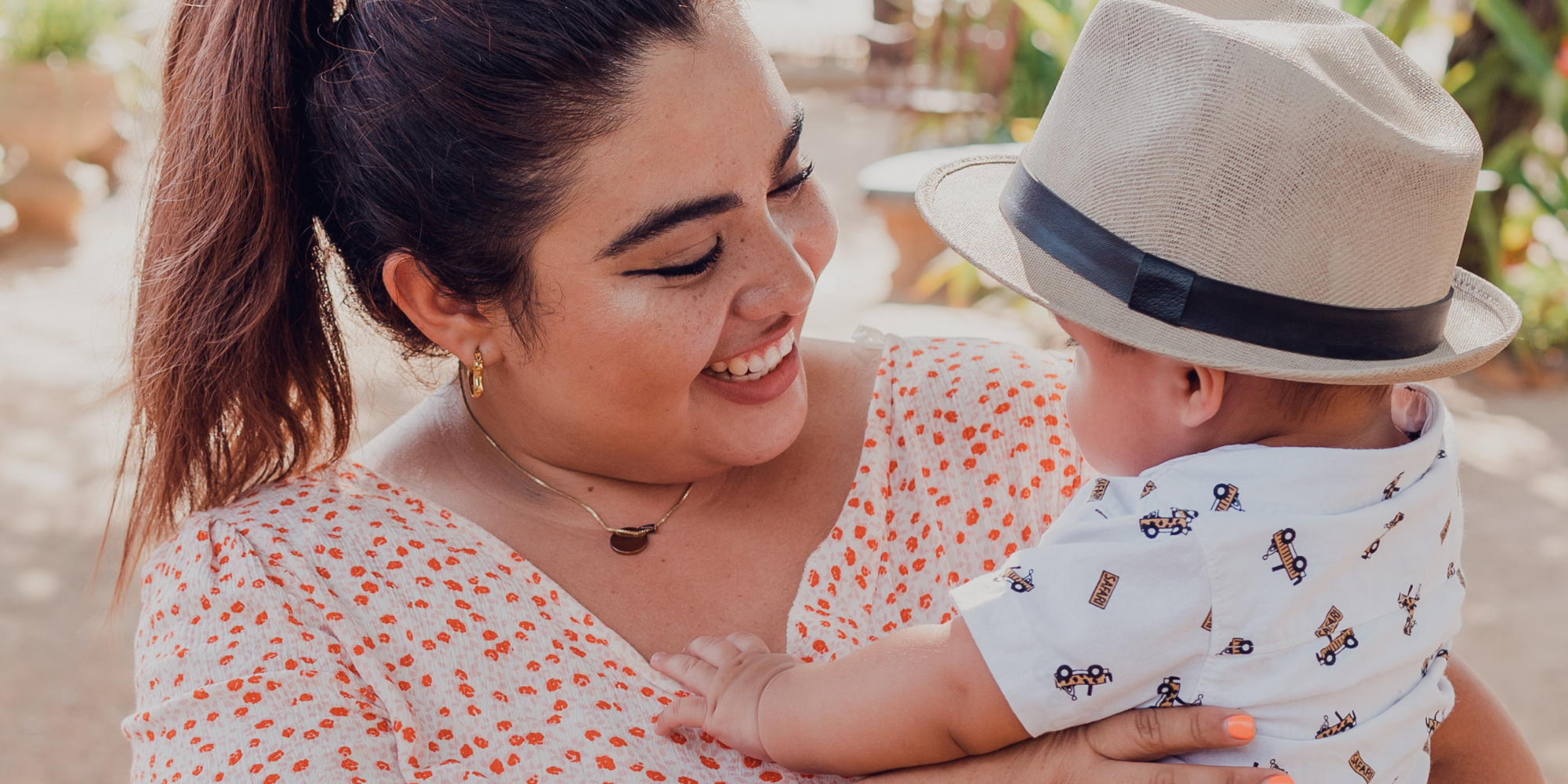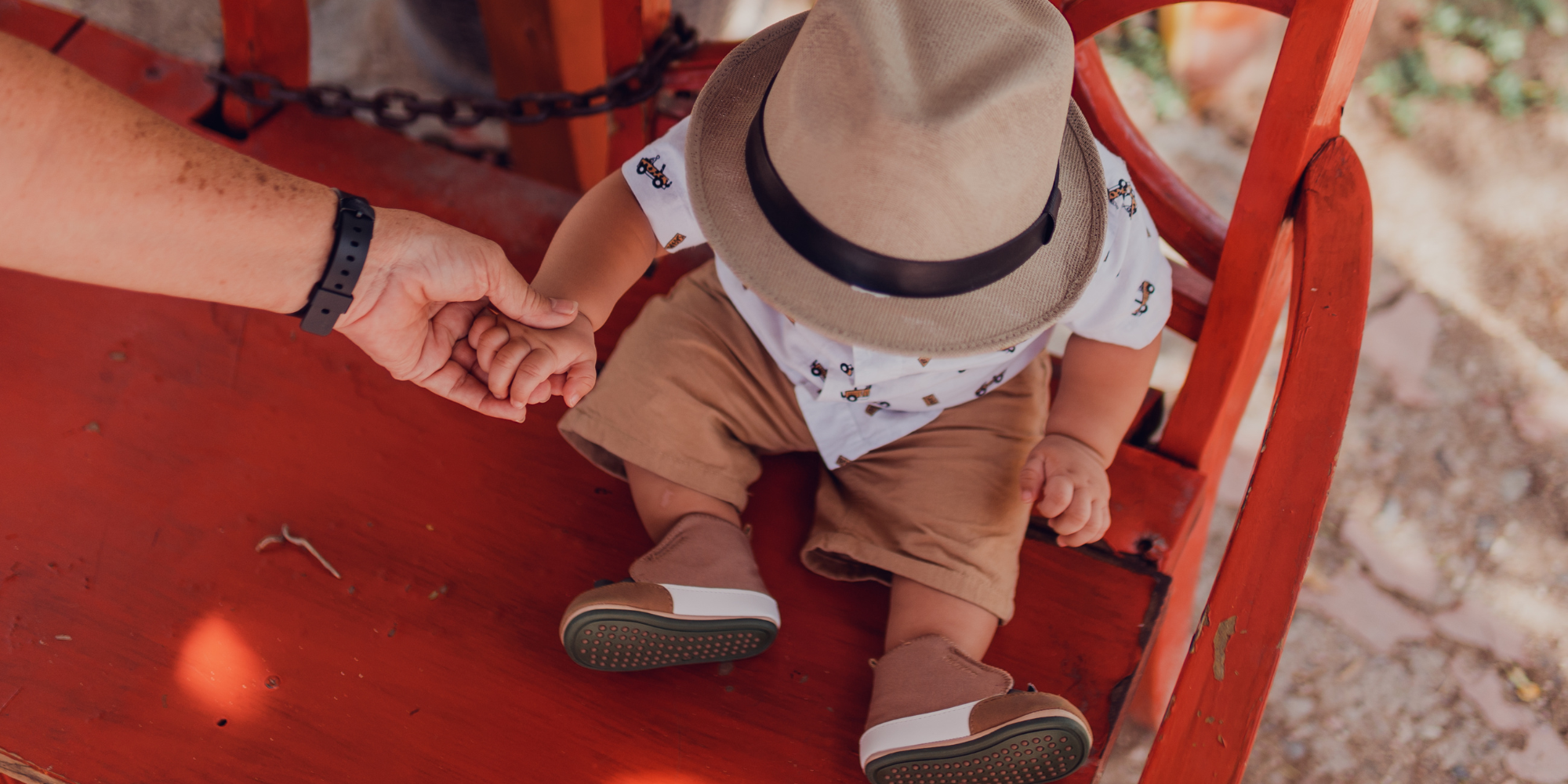Forever Loved: Alfonso’s Story
“You might be temporary in their lives; they might be temporary in yours. But there is nothing temporary about the love or the lesson.”
Family care for orphaned and vulnerable children is never “one size fits all.” Every child’s situation is complex and unique based on their needs and circumstances.
Some children remain in family care for an extended period of time as they wait for their legal situation to be resolved. For others, the time in family care is shorter. Some children are quickly reintegrated with a family member or adopted into a forever family.
Regardless of the circumstance, every child deserves a family. All children need the love, safety, and stability that a family provides. And although a child’s stay in family care might be temporary, the love of a family will last forever.
For Alfonso*, a baby boy from Sonora, Mexico, just a few months in family care changed his life.
Alfonso’s Story
Alfonso was placed into institutional care as an infant because he was being neglected by his biological family. He remained in the orphanage for the first several months of his life. During a time when he should have been receiving individual attention and love from a family, Alfonso was cared for by a rotating staff of employees.
Sadly, institutional care often has a devastating impact on children. Infants and young children raised in orphanages can suffer from damaging long-term effects on their physical, emotional, and cognitive development.
In an orphanage, there are often not enough caregivers to provide individualized attention and care to each child. And when children do not receive adequate personal interaction within a loving environment, development is stunted and learning abilities are delayed or lost.
Specifically, infants in institutional care often have delays in almost every developmental area, including physical growth, weight gain, motor skills, and language skills. In addition, they often struggle to bond and attach with others later in life.
The research is clear – kids need to be in families. Alfonso, like every child, desperately needed the individual love and attention found in a family environment.
Temporary care…
Thankfully, when he was seven months old, Alfonso was welcomed into loving family care. In a family environment, he immediately began to grow and thrive, displaying significant advances in his physical, motor, cognitive and language development.
Initially, Alfonso had a flat spot on the back of head from spending too much time laying in one position. After a month in family care, that flat spot was gone, and the family noticed improvement in his ability to sit unassisted. He continued to reach new physical milestones…in fact, he soon began to crawl.
Alfonso also improved his language skills, which helped him communicate his needs to the family. He started to babble more and create new sounds. In time, Alfonso was able to let the family know when he was tired or hungry, using specific words to ask for milk and water.
And finally, it was clear Alfonso began to bond with and trust his foster family. He would look toward familiar people and objects in his home. And he would no longer willingly go with any adult; instead, he regarded his foster family as “safe people” and demonstrated attachment to them. This is a huge milestone for every child, and it represents the incredible progress Alfonso made in a short amount of time.
…And a Love That Lasts Forever
After a little less than three months in family care, Alfonso was adopted. Although his time in family care was short, the love and care he received was so important. The progress he made will help him tremendously as he transitions to his adoptive family.
And while his foster family misses him, we celebrate his growth and progress. We are overjoyed that he will always be cherished in his adoptive family, and the love he received in family care will stay with him forever.
Thank you for making this possible! You are making such a difference in the lives of so many children like Alfonso. To these kids – and to us – you are a hero. We are so grateful.
You are changing lives…and together, we are changing the way the world cares for orphans!
*Name has been changed to protect the privacy of the child.




